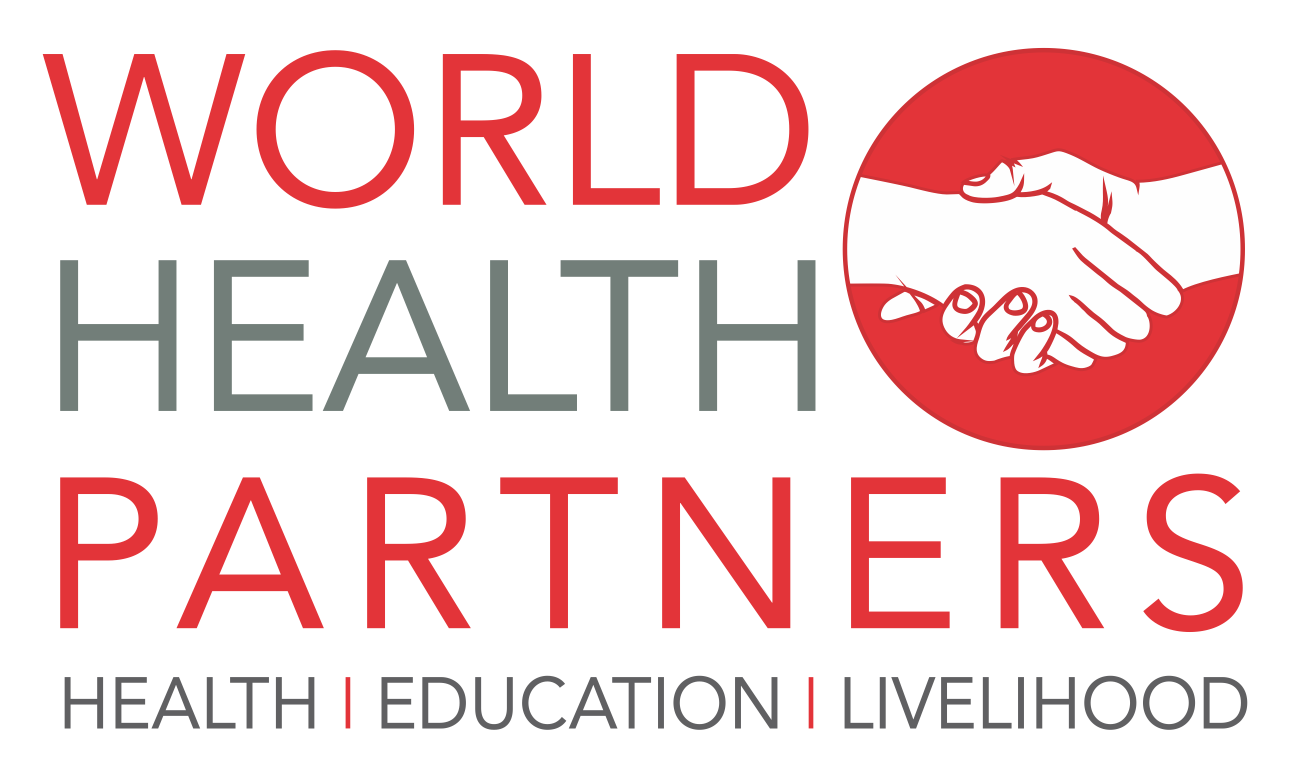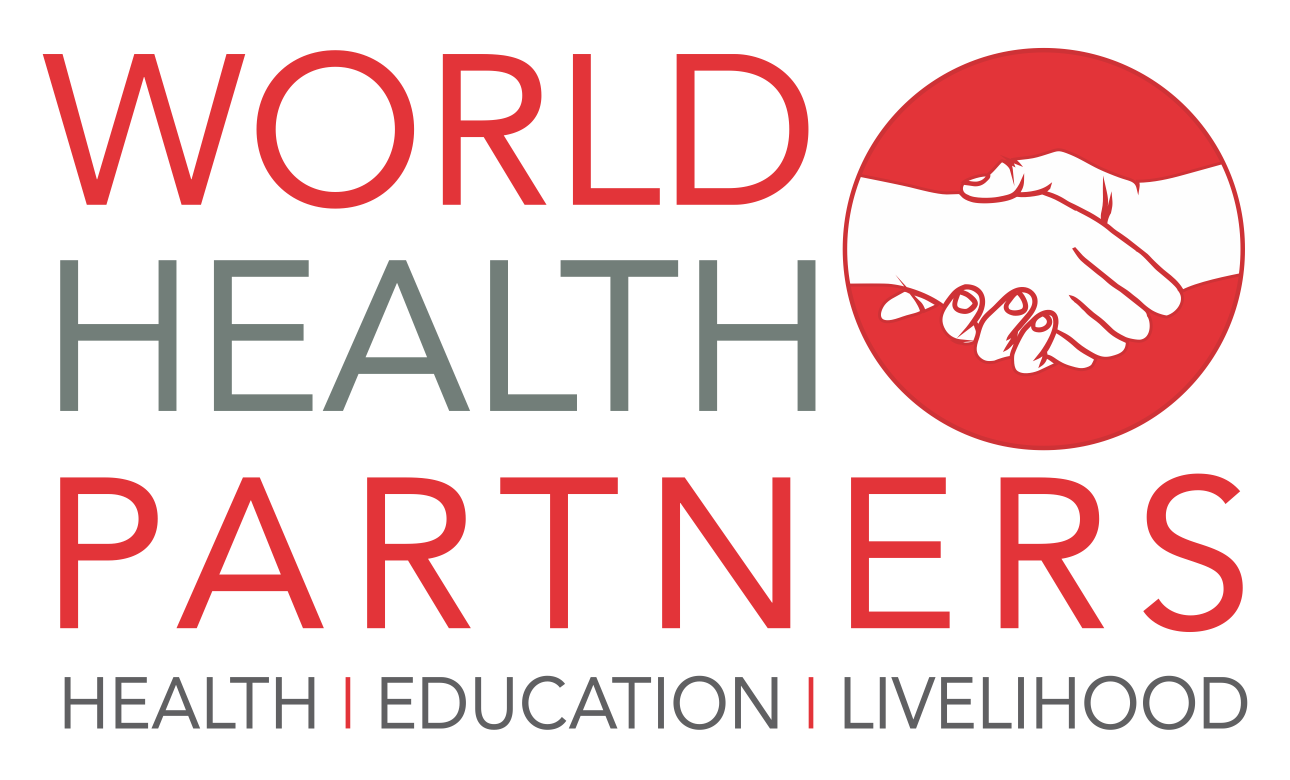MATRIKA
HARNESSING PRIVATE SECTOR RESOURCES TO SUPPORT THE GOVERNMENT OF INDIA’S EFFORT TO REACH MDG-5
Through the Matrika Project, World Health Partners and Pathfinder International have worked together to increase access to and use of, basic obstetric care, emergency obstetric care (EmOC) and family planning (FP) services for more than 8 million population in rural villages across three districts of Uttar Pradesh (Kannauj, Kanpur Dehat, Kanpur Nagar) using a social franchise service delivery network, social marketing, and telemedicine. The project covers activities of entire project duration (March 2013-July 2018). The project had successfully established a social franchise network from private sector consisting of 50 Sky Health Centers (SHCs), 365 Sky Care Providers, two UniHealth clinics and six franchise clinics and more than 2,500 pharmacy outlets. As the project goal was to establish public private linkages and 188 public providers consisting of 62 medical officers, 78 staff nurses and 48 auxiliary nurse midwives (ANMs) as well.
Major objective of the project
- Establish a social franchise network of private health providers and functional referral centers offering affordable antenatal care (ANC), EmOC, and FP services
- Strengthen capacity of and linkages between rural private and urban public sector health providers to offer high-quality ANC, EmOC, and FP services
- Improve community awareness, demand, and linkages with maternal health services among rural populations
Major objective of the project
The project contributed significantly in improving quality of services related to maternal health and FP; linkages between public and private sector provided increased access for the clients to maternal and FP services. During the project, a total of 224, 480 (117,757 in public and 106,723 in private) pregnant women registered for ANCs, 146,876 women were reached through institutional deliveries, 46,796 (47,665 interval and 11,131 PPIUCD) women were provided with family planning services. The project also facilitated family planning products (10.6 million pieces of condom, 1.3 cycles of OCP and 31,2400 injectable) through private providers. The project also introduce NASGs garment to reduce maternal mortality especially during transportation from primary to secondary and tertiary level facility. A total of 221 NASGs were distributed to public (119 NASGs) and private (4 NASGs) health facilities including 98 ambulances. NASG usage has increased from 0% to 17 percent during the project period.
SUPPORT:
Supported by Merck Sharpe & Dohme , this project was mandated with Harnessing private sector resources to support the government of India’s effort to reach MDG-5
WHP welcomes the opportunity to collaborate to implement this commitment.
Partner with Us

